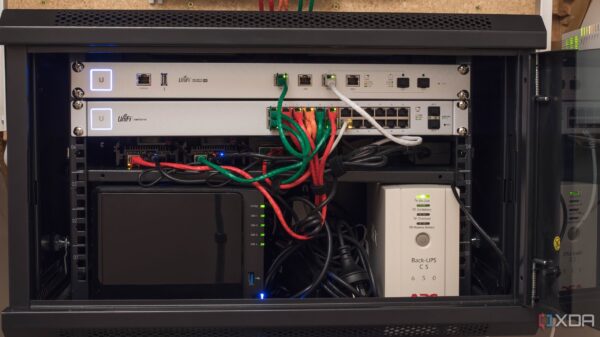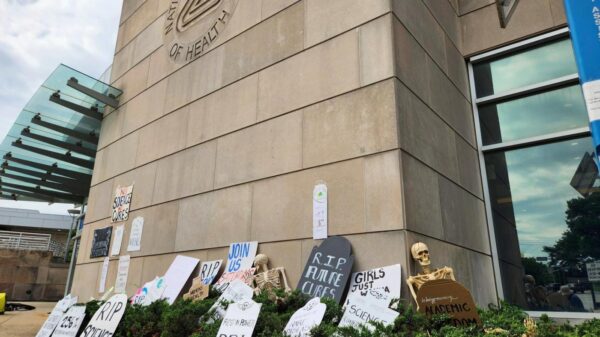Credit card delinquencies in the United States increased slightly in July 2023, yet they remain below levels recorded prior to the COVID-19 pandemic. The average delinquency rate rose to 2.66%, up from 2.63% in June, according to a report from Seeking Alpha. This figure is a notable decline from 2.87% in July 2022 and 2.68% in July 2019.
Alongside the rise in delinquencies, the average net charge-off rate, which indicates debts deemed uncollectable, decreased from 3.8% in June to 3.63% in July 2023. This rate is also lower than the 4.09% recorded in July 2022 but higher than the pre-pandemic level of 3.59% noted in 2019.
Industry Trends and Consumer Behavior
Excluding the notably high rates reported by Bread Financial, which experienced delinquencies of 5.7% and 5.8% in June and July respectively, the overall trend shows a modest increase in delinquency rates among other major lenders. These lenders include American Express, Capital One, JPMorgan Chase, Bank of America, Synchrony, and Citigroup. Charge-off rates for these institutions remained stable, with Bread Financial’s charge-offs decreasing from 7.8% to 7.6%.
The lending landscape is changing as banks tighten their credit criteria, making it more challenging for lower-income consumers to obtain credit cards. According to a report by PYMNTS, subprime borrowers are 3.6 times more likely to seek new credit cards compared to those with higher credit scores.
Recent earnings reports from various financial institutions indicate that consumers, including those with subprime credit, are managing their debt obligations. Nevertheless, some consumers are showing signs of stress due to persistent inflation and a fluctuating economic environment.
Insights from Industry Leaders
Capital One CEO Richard Fairbank acknowledged that while the overall U.S. consumer is “in a great place,” certain demographics are facing pressure from the cumulative effects of inflation and rising interest rates. He noted that lingering effects from the pandemic are still impacting charge-off trends, although improving delinquency rates suggest that these effects are beginning to stabilize.
In a discussion with PYMNTS, Jason Tinurelli, Chief Marketing Officer of Concora Credit, critiqued the industry’s binary approach to creditworthiness, which often leaves consumers feeling alienated. He emphasized the need for more flexible options for individuals with less-than-perfect credit, stating, “Customers can identify themselves before they walk in the door. What they really are looking for from you is some sort of hint that you have more options available.”
As credit card delinquencies show slight increases yet remain below pre-pandemic levels, the evolving landscape of consumer borrowing continues to reflect the broader economic challenges faced by many Americans today.
































































